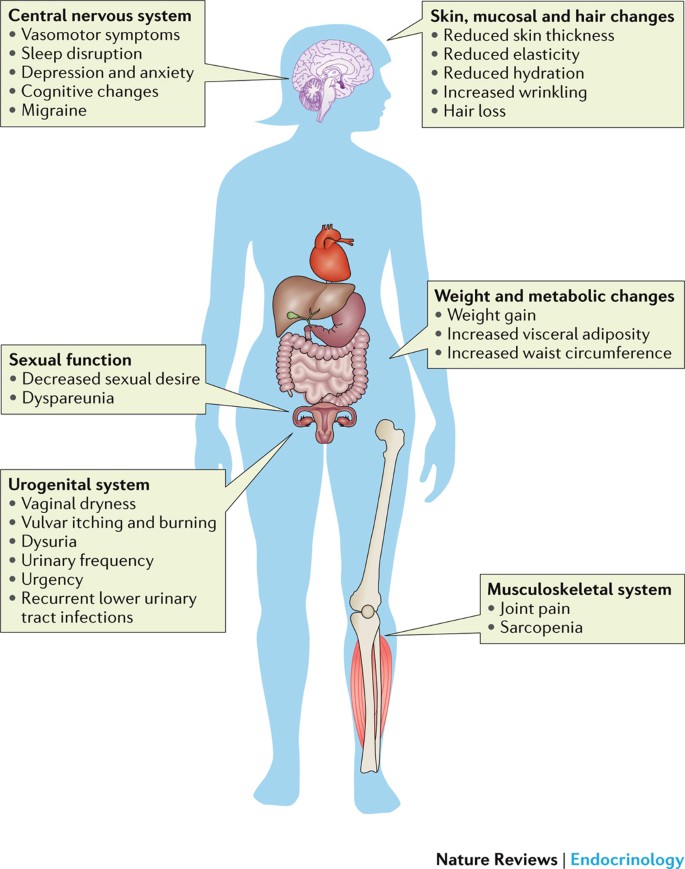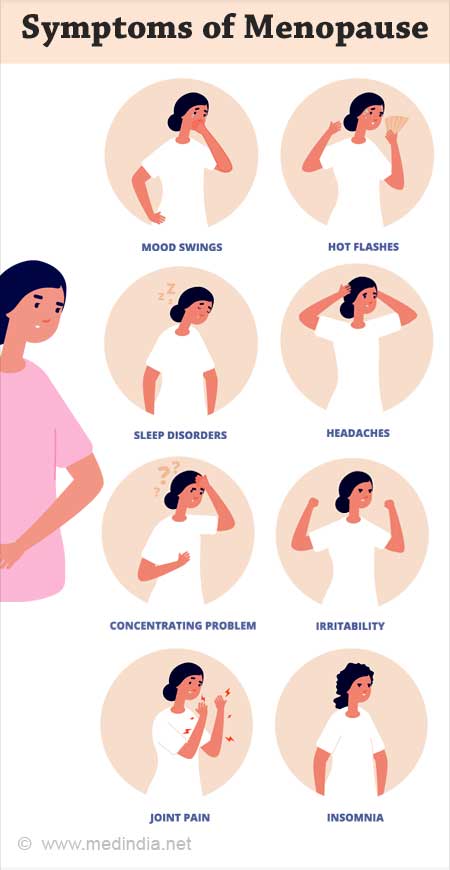Menopause Symptoms – How to Cope With the Emotional Symptoms of Menopause

As a woman, you’re probably aware of the most common menopause symptoms. These include mood swings, anxiety, and fatigue. These feelings are also exacerbated by the sudden changes in hormones. Your memory will also suffer, which can be even more challenging during this period. This article will examine some of the ways you can combat the emotional symptoms of menopause and help you find relief. By following these steps, you’ll be better prepared to face the changes that come with your hormonal levels.
In order to cope with these symptoms, you can try to take measures that can alleviate your discomfort. You can try wearing loose clothing, sleeping without a heavy blanket, and buying portable fans to keep cool during the day. You can also talk to a therapist if you’re feeling anxious or depressed. There are many treatments available, and most women are able to get relief. But if you’re still not comfortable, you can try some home remedies.
One of the most common menopause symptoms is hot flashes. It’s important to understand that the severity and duration of these symptoms vary widely among women. Some women experience no symptoms, and others don’t experience any at all. But regardless of how early you’re experiencing menopause, you should be aware of some of the most common menopause signs and symptoms. Most women will notice irregular periods, which can be heavier or lighter or longer. In addition to mood changes, hot flashes can also lead to skin problems and joint stiffness.
Another common symptom of menopause is hot flashes, which are a sudden increase in body temperature. About 75% of women experience hot flashes during this stage. This condition is often accompanied by a hot face and a rapid heartbeat. Night sweats are another common symptom of menopause. Some women will even have to change bedding during this time due to discomfort. A recent study suggests that menopausal symptoms may be a sign of a more serious health problem, such as depression or addiction.

In addition to hot flashes, women going through menopause may also experience many other symptoms of menopause. Although most women experience some of them, not all women experience them all. Some women report that the most common symptoms are insomnia, irritability, and insomnia. Decreased vaginal moisture is another common symptom of menopause. All of these symptoms can interfere with your daily life, so it’s important to check with your doctor or visit the site Handaldok Kesehatan.
Some women experience hot flashes and night sweats as a result of menopause. These symptoms are characterized by a sudden, intense heat sensation on the inside of the body. They may experience a rapid heartbeat, a red face, and copious sweating. Other women may have to change their bedclothes during a hot flash. Other symptoms include cramps, nausea, and dryness. In some cases, the symptoms of menopause are severe enough to interfere with your ability to work.
Other menopause symptoms include hot flashes and night sweats. During this stage, women experience hot flashes and night sweats, which are both uncomfortable and unpleasant. In addition, the bladder may also change, causing women to urinate more frequently than before. While they are uncomfortable, they can be treated with medications and supplements. When menopause begins, it is important to seek medical attention to manage symptoms.
Some women experience additional menopause symptoms before and after the actual event. Some women will even experience these symptoms before or after menopause. They will begin to experience reduced estrogen levels, which lowers their chances of becoming pregnant. During this time, your periods will become heavier and less regular. They may even stop altogether. They can be more frequent or irregular. During the early stages of menopause, you may experience more uncomfortable symptoms.
Women who are close to menopause should pay attention to these symptoms. They may not be aware that they are experiencing these symptoms, but it’s good to be aware of them. Some women may not experience any of them. In other cases, they only experience minor symptoms or none at all. It is important to seek medical care if you are experiencing any of these. If you’re suffering from any of these conditions, see a doctor for further information.